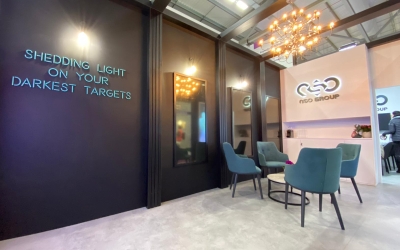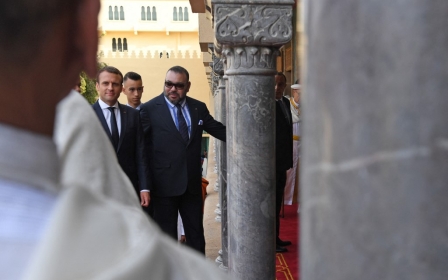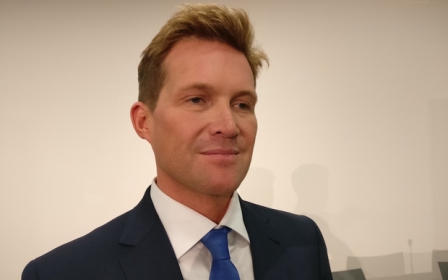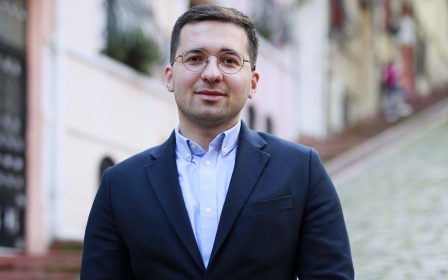Pegasus: UK law firm may sue NSO Group, investors and governments over alleged targeting
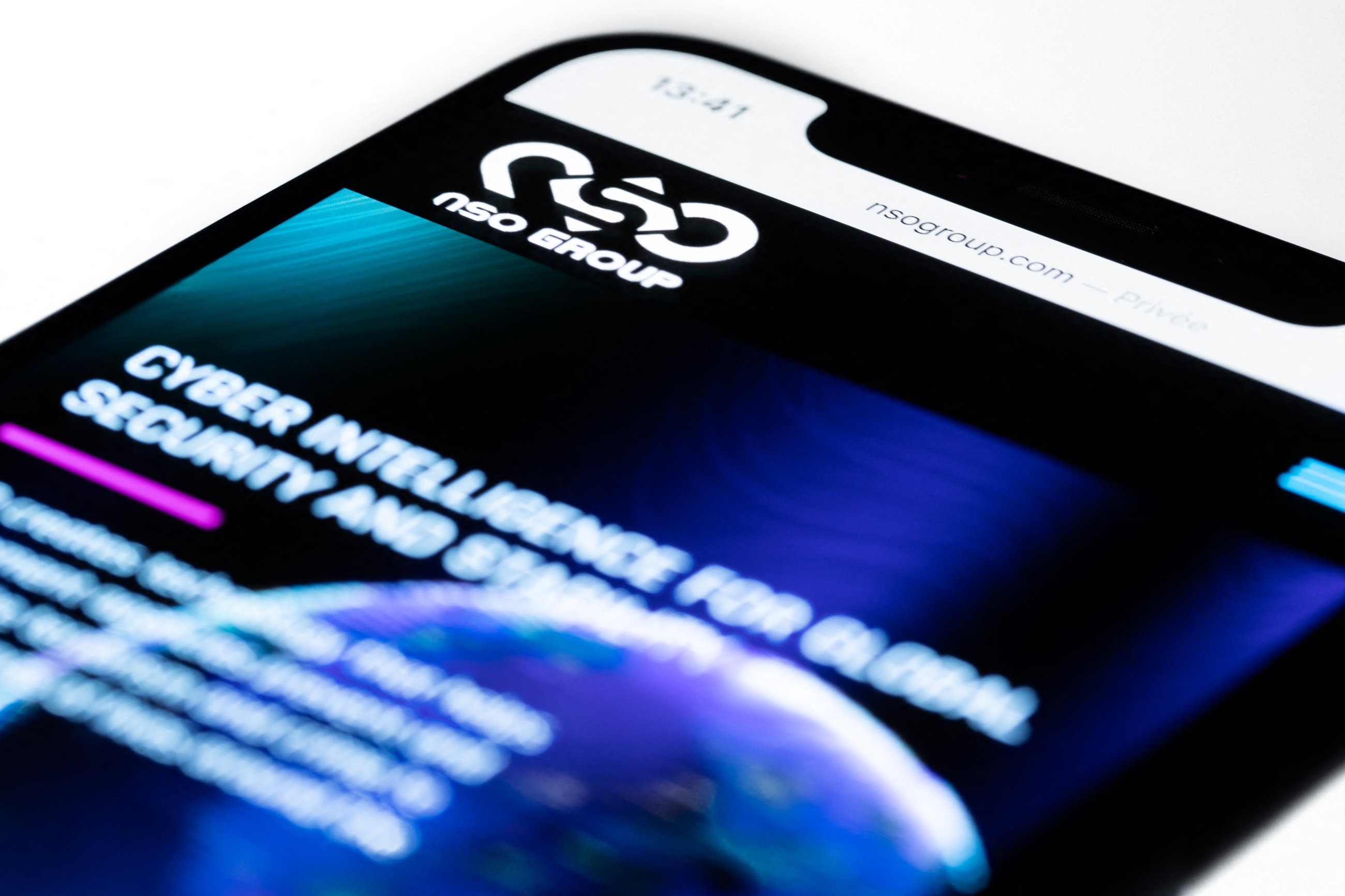
A leading London law firm is considering bringing legal proceedings on behalf of nine British people who were allegedly targeted by mobile phone spyware created by the Israeli company NSO Group.
The group includes a baroness who sits in the House of Lords, the upper house of the UK’s parliament, a Middle East Eye columnist, human rights activists, academics and leading members of the country’s civil society.
Law firm Bindmans says it is exploring whether it can sue for breach of privacy as well as personal injury and possibly interference with property on behalf of people allegedly targeted with the use of NSO’s Pegasus spyware.
Monika Sobiecki, a partner at the firm, said: “The shock of the revelations from the Pegasus Project lies in the fact that the misuse of this surveillance spyware touches us all.
“No matter where in the world an individual may be, or which country they are a citizen of, they and their family, friends and contacts are all vulnerable to having their most intimate personal data raked over by hostile third parties, including authoritarian regimes and political opponents.”
Bindmans says it is considering bringing proceedings against NSO Group and a private equity group, Novalpina Capital, which has invested in the firm, as well as a number of governments. It is setting up a crowdfunding campaign to help finance potential litigation.
The potential claimants include Manzila Pola Uddin, a member of the House of Lords; Madawi Al-Rasheed, a professor at the London School of Economics and columnist at MEE; Raghad Altikriti, president of the Muslim Association of Britain; her brother Anas Altikriti, chief executive of the Cordoba Foundation, a London-based research and advisory organisation; and Sayed Al-Wadaei, head of the Bahrain Institute for Rights and Democracy.
All are believed to have had their phones infected by spyware developed by NSO. As the company insists it does not operate the programme itself, and licenses it for use only by governments, there is reason to suspect that the potential claimants may have been targeted by authoritarian Gulf states.
The extent of the alleged surveillance was uncovered by Amnesty International and Forbidden Stories, a Paris-based NGO, which received a leaked list of 50,000 telephone numbers that had apparently been identified by governments using NSO’s Pegasus spyware.
Following analysis by the two organisations and by a worldwide group of news organisations, the Guardian reported that the government of the United Arab Emirates appears to be the principal government responsible for selecting the UK numbers.
There have also been reports that Pegasus spyware has been used by the governments of Saudi Arabia, India, Mexico and Hungary.
'Real harm to democracy'
“Litigation will pave the way to others seeking redress for the unwarranted intrusions into their privacy and will send a strong signal globally that the development and misuse of this surveillance technology causes real harm to democracy everywhere,” Sobiecki said.
Another London law firm, Leigh Day, is already bringing proceedings against the Saudi Arabian government over its alleged use of NSO spyware to place Ghanem al-Masarir, a Saudi activist and satirist, under surveillance.
Amnesty has said that forensic analysis suggests that the mobile telephone of David Haigh, a British human rights lawyer fighting to free Dubai’s Princess Latifa, was compromised by Pegasus spyware in August last year.
NSO Group and Novalpina have been approached for a comment.
In a statement issued last month to the media organisations that reported on the allegations of widespread surveillance, the NSO Group said the reporting contained “false claims” based upon a misinterpretation of leaked data.
The company also said that the data “has many legitimate and entirely proper uses having nothing to do with surveillance or with NSO”.
Middle East Eye propose une couverture et une analyse indépendantes et incomparables du Moyen-Orient, de l’Afrique du Nord et d’autres régions du monde. Pour en savoir plus sur la reprise de ce contenu et les frais qui s’appliquent, veuillez remplir ce formulaire [en anglais]. Pour en savoir plus sur MEE, cliquez ici [en anglais].


